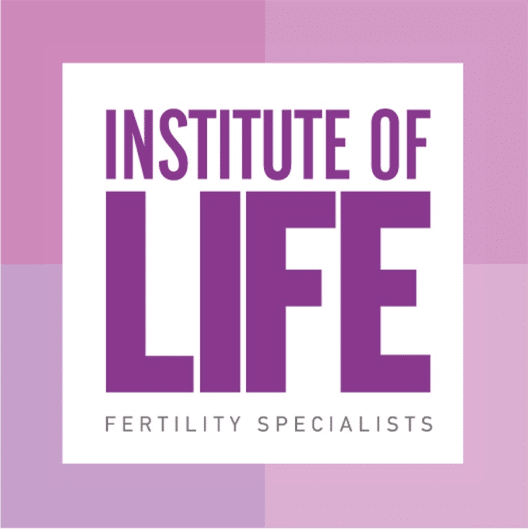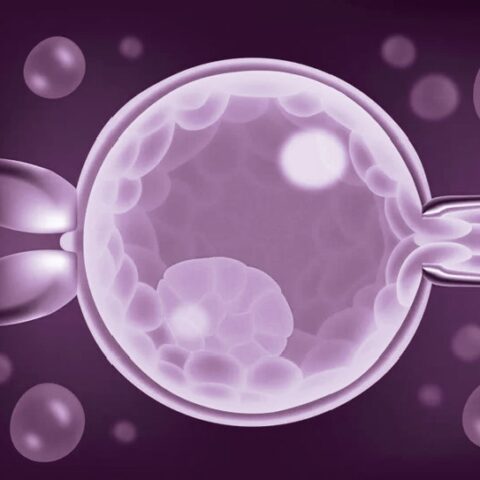Preimplantation Genetic Screening of Chromosomes (PGT-A)

It permits selecting only embryos with the right number of chromosomes to be implanted, by extension leading to the birth of a healthy baby.
Preimplantation genetic testing for aneuploidy (PGT-A), also known as preimplantation genetic screening (PGS), is a method that identifies the chromosomal condition of embryos created during IVF, by examining all 23 pairs of human chromosomes. It permits selecting only embryos with the right number of chromosomes to be implanted, by extension leading to the birth of a healthy baby. PGT-A uses the latest next-generation sequencing (NGS) technology to identify those embryos free from chromosome abnormalities, increasing the likelihood of pregnancy per transfer, reducing the risk of miscarriage and allowing single embryo transfer with increased success rates.
Relevant Topics
-
-
KIR/HLA-C Genotyping
KIR/HLA-C Genotyping KIR and HLA-C genotyping is a genetic tests that allows us to evaluate the risk of an...
-
Endometrial Immunological Testing (ImMap)
Endometrial Immunological Testing (ImMap) For successful pregnancy, it is important for the maternal and embryonic cells to co-exist in...
-
Non-invasive Preimplantation Genetic Screening of Chromosomes (niPGT-A)
Non-invasive Preimplantation Genetic Screening of Chromosomes (niPGT-A) This groundbreaking non-invasive procedure (niPGT) eliminates the need for an embryo biopsy...
-
Preimplantation Genetic Testing for Monogenic Defects (PGT-M)
Preimplantation Genetic Testing for Monogenic Defects (PGT-M) In the context of assisted reproduction, the PGT-M method is used to...
-
Preimplantation Genetic Screening of Chromosomes (PGT-A)
Preimplantation Genetic Screening of Chromosomes (PGT-A) It permits selecting only embryos with the right number of chromosomes to be...













